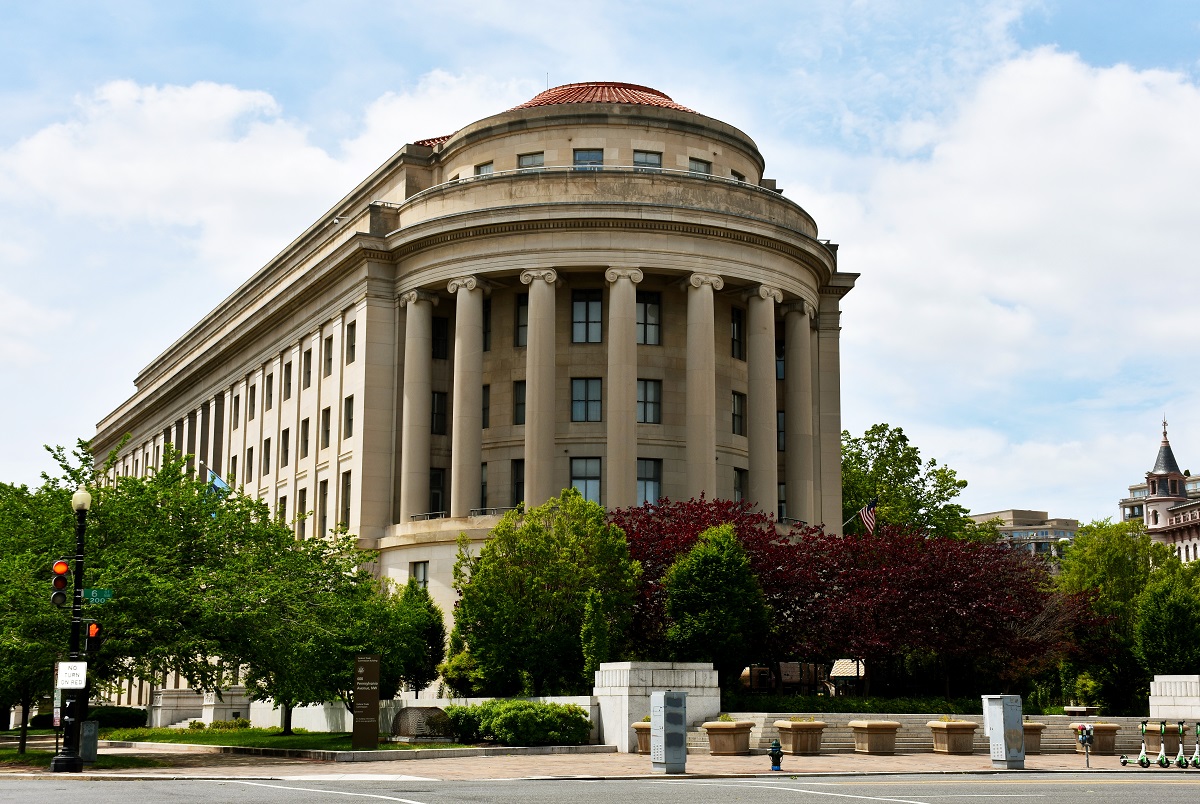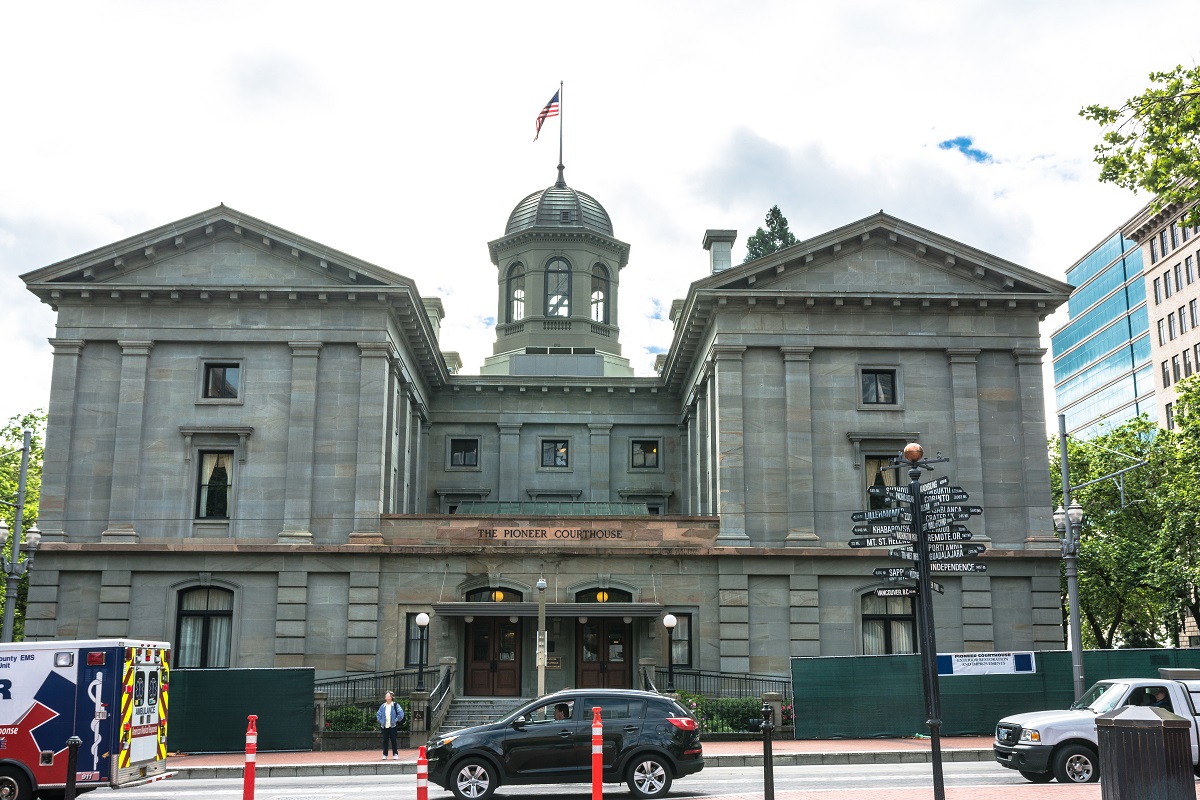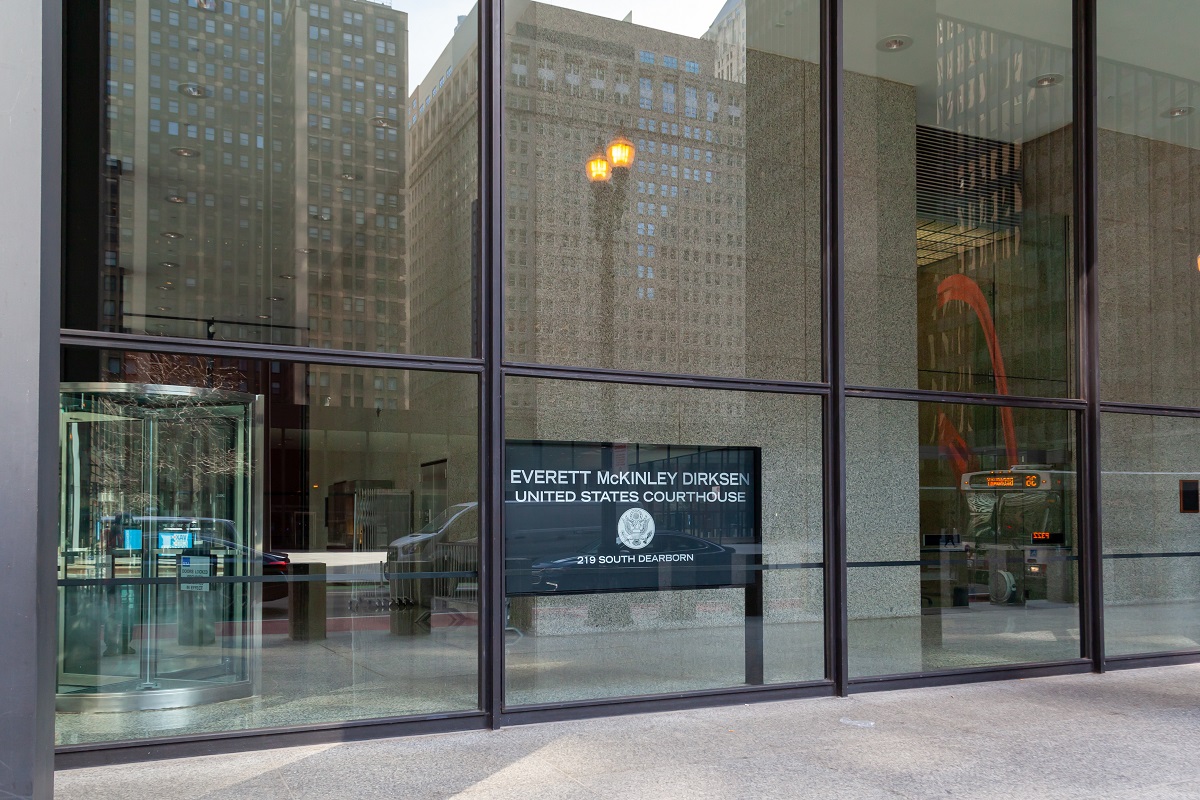The California Court of Appeal, Second Appellate District, recently reversed a trial court's ruling, and held that a defendant bank owed the plaintiff law firm a duty of care based on the special relationship the bank had with the law firm as an intended beneficiary of a probate court’s blocked account order.
Posts published by “Maurice Wutscher LLP”
The attorneys of Maurice Wutscher are seasoned business lawyers with substantial experience in business law, financial services litigation and regulatory compliance. They represent consumer and commercial financial services companies, including depository and non-depository mortgage lenders and servicers, as well as mortgage loan investors, financial asset buyers and sellers, loss mitigation companies, third-party debt collectors, and other financial services providers. They have defended scores of putative class actions, have substantial experience in federal appellate court litigation and bring substantial trial and complex bankruptcy experience. They are leaders and influencers in their highly specialized area of law. They serve in leadership positions in industry associations and regularly publish and speak before national audiences.
The U.S. Court of Appeals for the Seventh Circuit previously held that Section 13(b) of the Federal Trade Commission Act does not authorize restitution or disgorgement awards and overruled a $5 million restitution award entered in the trial court.
The Court of Appeal for the State of California, Second District, recently reversed a trial court's dismissal of a debt buyer's complaint to collect on a home equity line of credit (HELOC) as barred by the statute of limitations.
The U.S. Court of Appeals for the Seventh Circuit recently affirmed a trial court’s dismissal of a purported data leak class action alleging unauthorized disclosure of driver’s license numbers.
In an action by Cook County, Illinois against various lenders for alleged increased expenses supposedly arising from heightened default rates, in which the County asserted that the lenders engaged in an “integrated equity-stripping scheme," the U.S. Court of Appeals for the Seventh Circuit recently affirmed a summary judgment ruling in favor of the defendant banks.
The U.S. Court of Appeals for the Ninth Circuit recently affirmed a trial court’s dismissal of a putative class action brought under the federal Telephone Consumer Protection Act. In so ruling, the Ninth Circuit held that the text messages at issue did not use “prerecorded voices” under the TCPA because they did not include audible components.
The U.S. Court of Appeals for the Eighth Circuit recently held that the court, and not an arbitrator, must decide whether the defendant real estate brokers could enforce the arbitration agreements at issue against unnamed class members.
The Illinois Supreme Court, after receiving a certified question from the U.S. Court of Appeals for the Seventh Circuit, recently held that a separate claim accrues under the Illinois Biometric Information Privacy Act each time a private entity improperly scans or transmits an individual’s biometric identifier or information.
The U.S. Court of Appeals for the Ninth Circuit recently held that it could sua sponte question a defendant’s assertions of jurisdiction under the federal Class Action Fairness Act, and that the record did not sufficiently demonstrate that CAFA’s amount-in-controversy requirement was met here because the requisite $5 million amount was not evident from the face of the complaint nor the defendant’s notice of removal and supporting declaration.
The U.S. Court of Appeals for the Second Circuit recently vacated a trial court’s summary judgment in favor of a credit reporting agency in a lawsuit alleging violations of the federal Fair Credit Reporting Act in connection with the reporting of a “balloon payment” that was not in fact required.
The U.S. Court of Appeals for the Seventh Circuit recently affirmed a summary judgment ruling in favor of a mortgage loan servicer and held that no reasonable jury could find that the servicer provided patently incorrect or materially misleading information sufficient to support a claim under Section 1681s-2(b) of the federal Fair Credit Reporting Act.
The U.S. Court of Appeals for the Sixth Circuit recently held that, because a bank teller paid checks on an account that had insufficient funds by “mistake” and did not take those checks “for value” by issuing replacement “teller’s checks,” the bank was entitled to restitution for the amount of the checks under the Tennessee Commercial Code.












